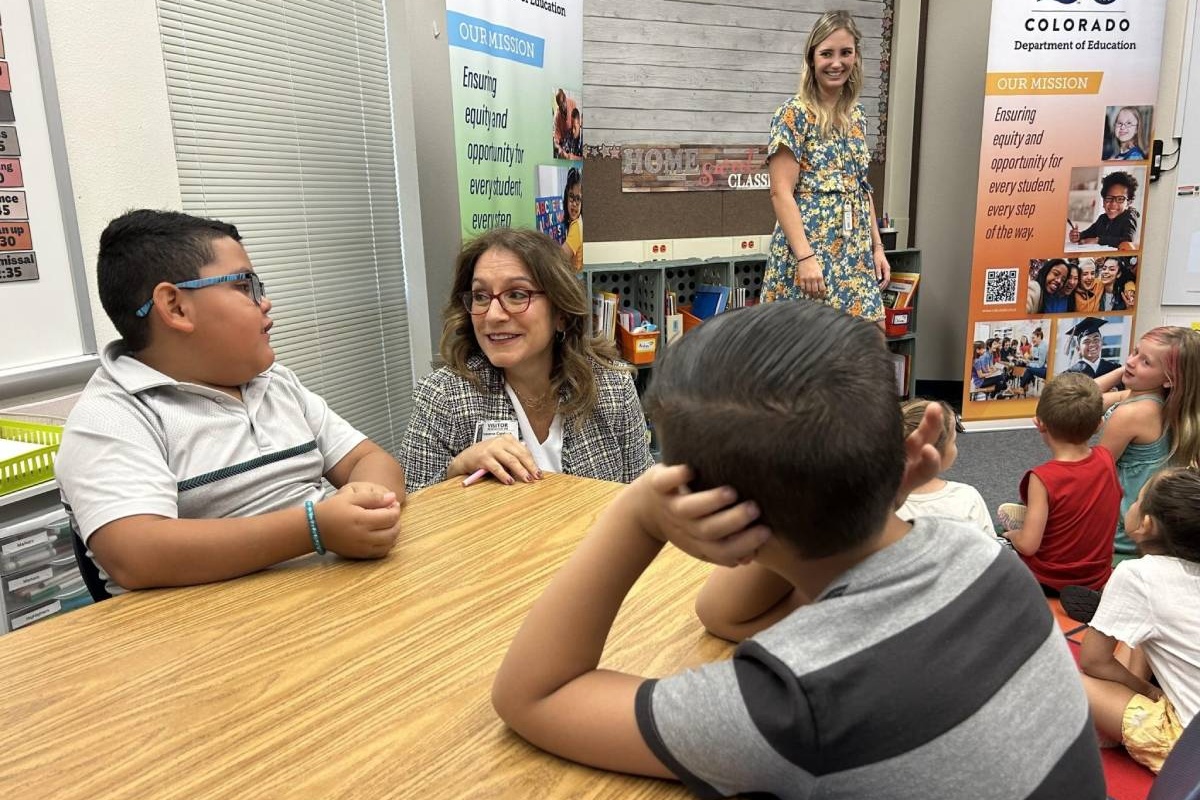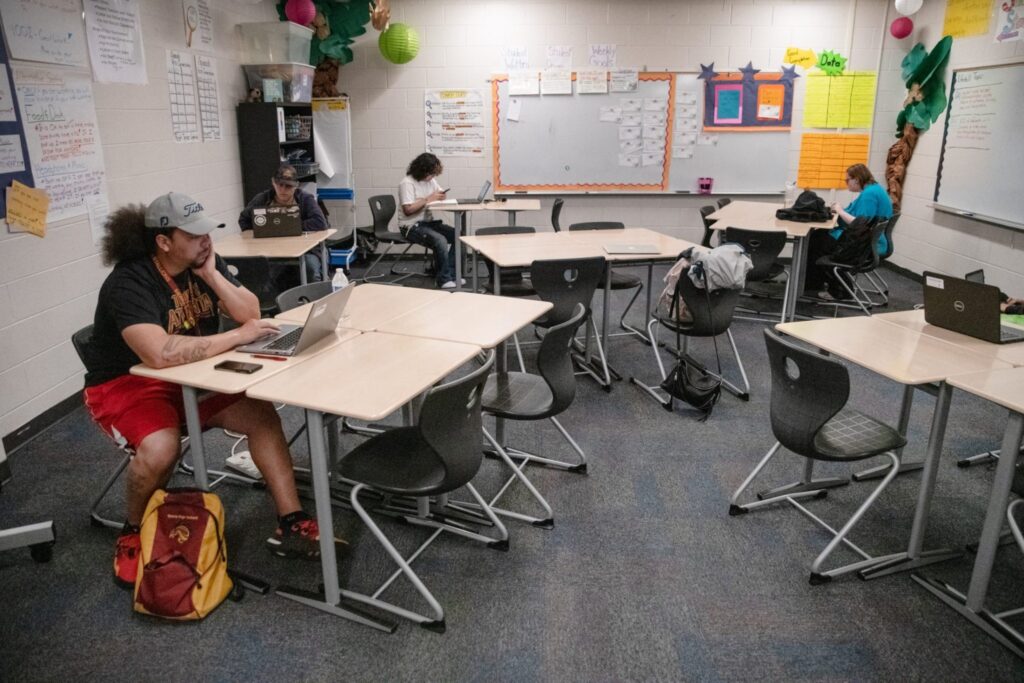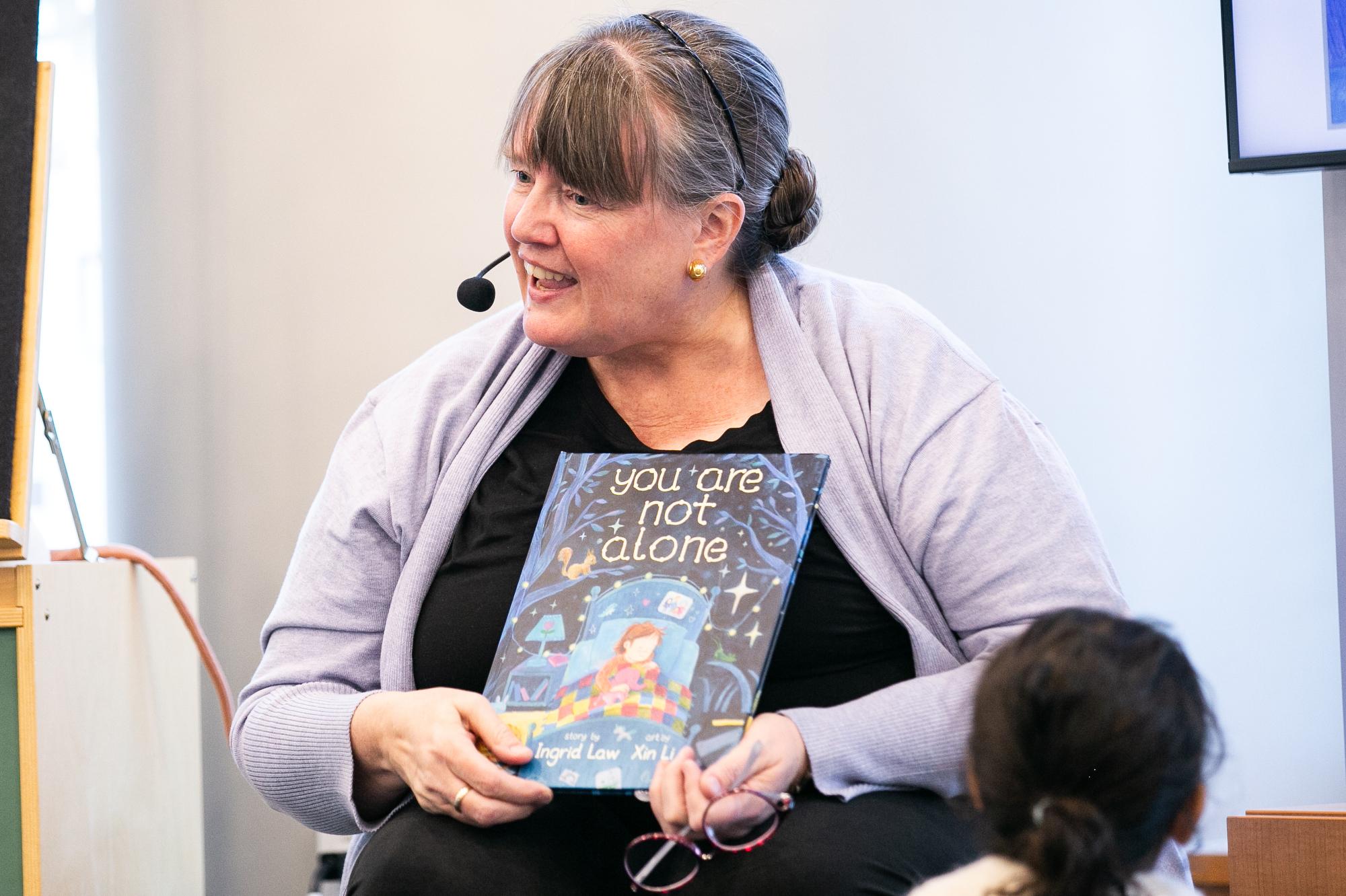
This story was produced as part of the Colorado Capitol News Alliance. It first appeared at coloradosun.com.
By Erica Breunlin, The Colorado Sun
The future of an estimated $70 million in federal dollars that support Colorado schools in educating students with significant learning needs, recruiting and retaining teachers and providing before- and after-school programming is up in the air after the Trump administration notified state education officials that it is freezing the funding.
Schools across the country have largely been living in a cloud of uncertainty since President Donald Trump took office in January and pledged major changes to the federal government’s role in education across states, including an attempt to slash staff from the U.S. Department of Education and a proposal to scrap the federal agency.
That uncertainty ticked up a notch this week with new questions around whether the Department of Education will continue funding nearly $7 billion in grant programs for schools nationwide, The New York Times reported. They include programs that help schools better meet the needs of migrant students and those learning English, deliver effective instruction, staff schools, engage kids in learning outside of school hours and during the summer and run school health programs.
While the Colorado Department of Education typically learns how much funding the state will receive for individual federal grants in April and gets a portion of that funding July 1 — with a second portion Oct. 1 — state education officials and district leaders aren’t even sure yet whether any of that federal funding is coming their way for the new school year.
That poses a series of challenges for schools across the state and country, leading district leaders to wonder whether they’ll be able to continue funding programs and positions that hinge on federal dollars.
“Announcing that funds will be withheld less than 24 hours from when districts expected to receive them absolutely pulls the rug out from public schools,” Melissa Gibson, executive director of the Colorado Association of School Executives, told The Colorado Sun. “This is money that districts have built into their budgets for next year. Should these funds not be released, districts are going to be facing really painful decisions and potential cuts.”
Gibson called the federal government’s withholding of grant dollars “unconscionable,” adding that it amps up financial pressure for Colorado districts at a time neither districts nor the state has extra money on hand to make up for a federal funding loss.
A statement sent to the state education department by the U.S. Department of Education noted that funding for the grant programs is under review.

“Decisions have not yet been made concerning submissions and awards for this upcoming academic year,” the statement reads. “Accordingly, the Department will not be issuing Grant Award Notifications obligating funds for these programs on July 1 prior to completing that review. The Department remains committed to ensuring taxpayer resources are spent in accordance with the President’s priorities and the Department’s statutory responsibilities.”
Most funding for Colorado schools comes from the state and from local tax bases, but federal dollars represent another significant pool of funding that helps districts meet the needs of some of their most vulnerable students, including kids with special needs and those living in low-income households. That money provides “safety nets for all kids,” Colorado Education Commissioner Susana Córdova told The Sun.
Last year, more than $870 million in federal funds flowed to Colorado, according to data provided by the state education department.
Not all federal funding is in jeopardy. In a June 16 letter, Córdova informed district superintendents and BOCES leaders that the state education department has received preliminary estimates of funding for some federal grant programs, including programs targeting homeless students and students classified as neglected or delinquent.
Córdova sent a separate letter on Monday to district superintendents and leaders of Boards of Cooperative Educational Services to notify them that the federal government still has not awarded Colorado funding for several other grant programs.
“I am deeply concerned about the potential impact of the delay and ongoing uncertainty surrounding these critical funds on our students, educators, and schools,” Córdova wrote.
She urged districts in the letter to “engage in contingency planning” in case Colorado does not receive funding by the end of the federal fiscal year, which is Sept. 30.
Without assurance from the Department of Education about some grants, individual districts must assess whether to continue or end programs powered by federal dollars, Córdova told The Sun. That will be especially tricky for districts that have already hired teachers for those programs, such as educators who coach students who aren’t proficient in English, she said.
District leaders will have a few options: They can route unspent money, reserves or discretionary funds they would have otherwise spent on something else to the programs at risk of losing federal funding and hope that the federal funds come through so they can reimburse themselves. Or they can simply end those programs.
“Districts would make good choices about how to move forward with the right information and notice,” Córdova said. “What seems so challenging in this case is the Colorado fiscal year has started today and people have made their plans for this coming school year and we still don’t have information about whether or not this is going to come through.”
Harrison School District 2, a Colorado Springs district serving a high concentration of students living in poverty, starts school in less than a month and is trying to figure out how to keep critical programs and staff members. Last year, about 75% of the district’s 13,500 students qualified for free or reduced-price lunch, a federal metric of poverty.
Harrison School District 2 stands to lose $637,000 in federal funding this coming school year if the federal government decides to no longer fund the grant programs in question, according to Superintendent Wendy Birhanzel.
Those funds have been used to give new teachers a stipend while attending a new staff institute over the summer, in which the district tries to set them up for success in the classroom. That institute starts next week.
Federal dollars on the line have also helped the district afford a translation service so it can better communicate with its families — who collectively speak 51 languages — and have helped the district offer more resources to teachers working with students trying to master English.
Birhanzel wonders if the district will face similar funding uncertainties in the future and she worries about the “loud message” withholding federal dollars sends: “These funds and these programs or the people in these programs aren’t important.”
The district, she said, refuses to give up any programs or staff members, which means it might have to pull from its reserves or general fund.
“We’re not going to change course and we’re still going to do what’s best for all kids,” Birhanzel told The Sun. “It’s just sad that kids are going to be feeling the brunt of the impact of this.”

Colorado Capitol Alliance
This story was produced by the Capitol News Alliance, a collaboration between KUNC News, Colorado Public Radio, Rocky Mountain PBS, and The Colorado Sun, and shared with Rocky Mountain Community Radio and other news organizations across the state. Funding for the Alliance is provided in part by the Corporation for Public Broadcasting.









